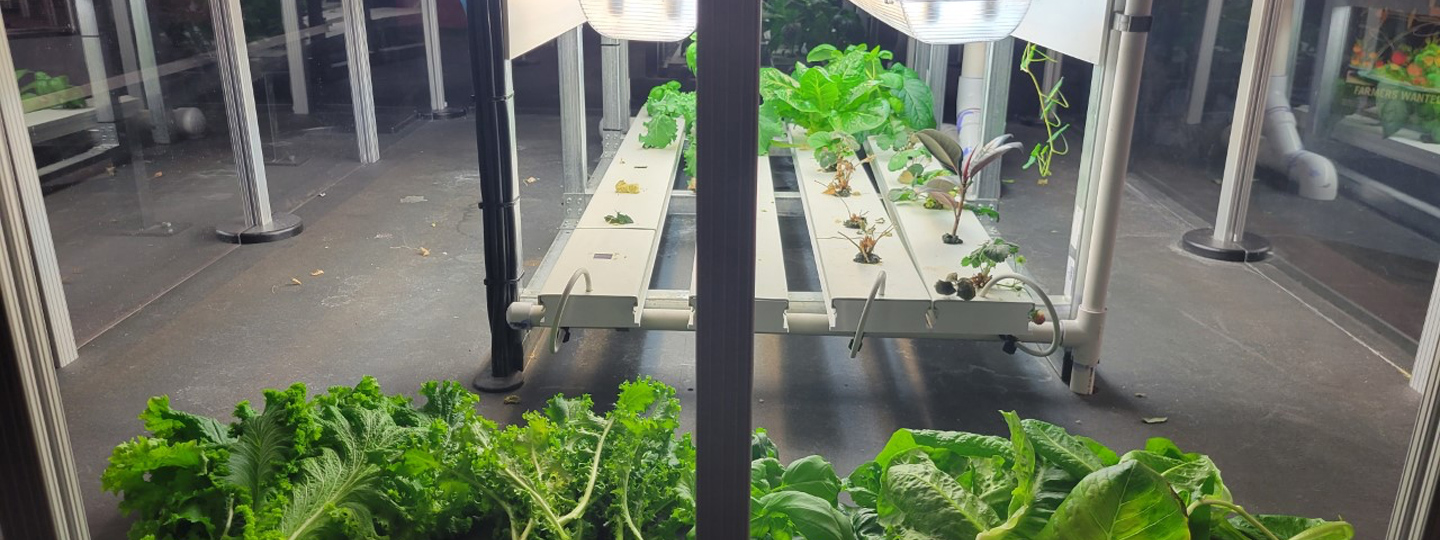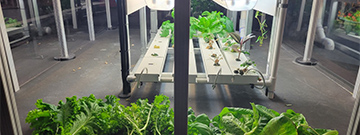
Hydroponics—The Magic of Farming without Soil
Hydroponics, a contemporary farming method, redefines how we grow plants, offering a fresh approach to cultivating crops that differs from traditional soil-based farming. This innovative technique doesn’t rely on soil but instead uses a carefully balanced water-based nutrient solution, allowing plants to thrive in diverse settings like indoor environments, urban spaces, and challenging soil conditions. Fundamentally, hydroponics creates an optimized growth environment, ensuring that roots are submerged or continuously supplied with a nutrient-rich solution.
The advantages of hydroponics over conventional farming are significant: faster growth rates, increased yields, and reduced water usage, making it an efficient and sustainable alternative. But what makes hydroponics truly intriguing is its precise nutrient control, ensuring that plants receive optimal nourishment for healthy growth and high-quality produce.
Moreover, this method minimizes the risks linked with pests and diseases by providing a controlled growth environment, reducing the need for pesticides, and promoting sustainability. Imagine having your personal indoor garden of fresh produce—crisp vegetables, fragrant herbs, or even fruits—all nurtured using hydroponics. With a simple setup of a water reservoir, nutrient solution, and proper lighting, you can enjoy year-round, pesticide-free, homegrown crops. Beyond its immediate benefits, hydroponics addresses global food challenges by enabling crop cultivation in regions where conventional methods struggle, ensuring food security in areas with limited arable land.
In essence, hydroponics signifies not just a change in cultivation techniques, but a transformation toward a sustainable agricultural future. As we further explore and refine hydroponic methods, we unlock opportunities to revolutionize farming practices, offering a promising avenue to meet the food demands of our growing global population while reducing environmental impacts.
A hydronic system is in full force in the Martian Garden in Mars: The Next Giant Leap. Sustainability and the management of resources is vital to survival on Mars as humans will not be the only life on the planet. Through the Martian Garden, visitors investigate ways to grow food and translate a selection of popular Earth dishes to recipes that can be prepared and enjoyed by the inhabitants in a Martian settlement.
Source:
“The Future of Farming: Hydroponics – PSCI.” ![]() Princeton University, The Trustees of Princeton University. Accessed 2 Dec. 2023.
Princeton University, The Trustees of Princeton University. Accessed 2 Dec. 2023.
“Hydroponics.” ![]() Hydroponics | National Agricultural Library. Accessed 2 Dec. 2023.
Hydroponics | National Agricultural Library. Accessed 2 Dec. 2023.
Scientific Peer Review by Alysia Mandato

On April 8, 2024, we will witness a mesmerizing event. A total solar eclipse is upon us, and here at the Science Center, we can explore this celestial phenomenon in many ways.
But first, what is this event? A ...

Climate change is a big deal. We’ve all seen news stories about greenhouse gas emissions, rising temperatures, and the hole in our ozone layer. However, what tends to sometimes be overlooked is climate change’s ...

In the captivating world of health care, a fascinating transformation is taking place—a rise in Artificial Intelligence, or AI! Picture a world where smart machines team up with doctors to revolutionize medicine, making ...

Hydroponics, a contemporary farming method, redefines how we grow plants, offering a fresh approach to cultivating crops that differs from traditional soil-based farming. This innovative technique doesn’t rely on soil ...

In our solar system, the eight planets—Mercury, Venus, Earth, Mars, Jupiter, Saturn, Uranus, and Neptune—are talked about more than anything. While the ...

Quantum computers are on the forefront of technological advancement. These machines, unlike any traditional computers you’re familiar with, harness the ...


